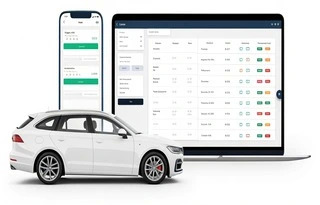If you run or use a car-sharing platform, you already know the golden rule: trust makes the wheels turn. Without it, the whole model falls apart. And yet, the industry is bleeding cash (about $152 million every year), because stolen identities are being used to rent cars that never make it back. Some of those vehicles are stripped for parts, others vanish into the black market, and a few even get dragged into serious crimes. Not exactly the kind of customer story you want on your platform.
Now, here’s the scary part: a survey showed that over 70% of sharing economy users “verify” themselves with nothing more than an email address. That’s like tossing your car keys to a stranger just because they spelled their Gmail right. No wonder fraudsters love these platforms. Weak or outdated car-sharing registration processes are essentially open invitations for abuse.
The good news? We’re not stuck with outdated tools anymore. Today, platforms can plug in deep learning-based KYC checks that go way beyond “type in your email.” These systems can scan IDs, separate and match faces, confirm if a document is valid, and hit up to 91% accuracy (tested on thousands of real documents). Add in background checks (like national criminal databases and driving history), and suddenly, fraudsters have a much harder time slipping through the cracks.
For operators, this means rethinking user registration in car-sharing companies not as a box-ticking exercise, but as a mission-critical safeguard. Smarter onboarding reassures honest customers that their safety, identity, and rides are protected.
If you’re planning to start a car-sharing business, this is a competitive necessity. In this article, we’ll explore how smarter user registration and identity verification in car sharing can protect car-sharing platforms from massive losses while giving honest users what they really want: peace of mind and a safe way to get from A to B.
Importance of user registration in car sharing
User registration is more than just a “sign-up” button. It’s one of the fundamental car sharing requirements. Think of it as the first handshake between you and your customer. Done right, it sets the tone for trust, transparency, and accountability. Done poorly, it leaves the door wide open for fraudsters.
At its core, registration helps build a trustworthy user base. When people know that every driver or passenger on the platform has gone through a proper onboarding process, they feel safer renting out or driving away with a shared car. That sense of security is what keeps people coming back and keeps your fleet protected.
So, what kind of data usually gets collected at this stage? Typically, it starts with the basics:
- Full name
- Contact details (phone number, email)
- Driving license details (number, expiration date, issuing authority)
This seems straightforward, but here’s where the challenges creep in. Anyone can type in a fake name or upload a blurry picture of a license they found online. The problem isn’t just collecting data; it’s making sure that data is accurate and authentic. Without proper verification, digital onboarding process becomes nothing more than a formality, and that’s where risk skyrockets.
Identity verification in car-sharing platforms
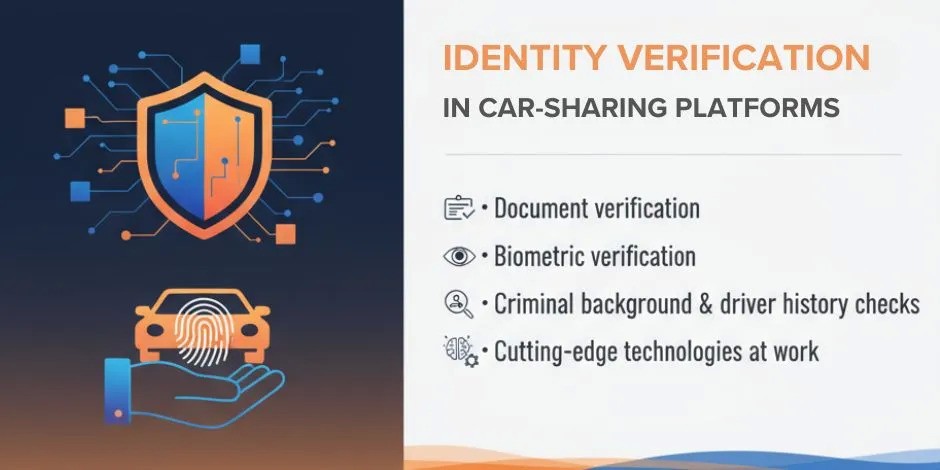
This is where ID verification in car-sharing companies comes into play. If registration is the handshake, verification is the ID check at the door, the step that confirms whether someone really is who they claim to be. Its purpose is simple but critical: to reduce fraud, increase trust, and ensure only legitimate users gain access to vehicles.
Car sharing platforms today use several verification methods, each designed to close different gaps:
1. Document verification
The most common method starts with scanning and validating government-issued IDs, driver’s licenses, passports, or national ID cards. Advanced systems can detect forgery, check expiration dates, and cross-reference details with official databases. No more slipping through with a fake laminated card.
2. Biometric verification
Here’s where things get a little futuristic. Biometric checks, like face recognition and liveness detection, help confirm that the person holding the phone is the same person in the uploaded document. It’s much harder to trick a system that asks you to blink, smile, or turn your head while it cross-checks your face against the ID photo.
3. Criminal background & driver history checks
Beyond confirming identity, platforms can run deeper checks to assess user reliability. This may include searching national criminal databases for red flags or reviewing driver history records for past violations. A clean record builds confidence not just for the platform, but also for fellow users.
4. Cutting-edge technologies at work
Behind the scenes, these processes are increasingly powered by AI, deep learning algorithms, and KYC (Know Your Customer) procedures. These are tools that enable platforms to handle verification at scale, with accuracy rates climbing above 90%. The result? Faster approvals for genuine users and much tougher barriers for fraudsters.
Roobykon’s case studies: smarter registration & verification in action
BlueMountain – ski equipment rentals
For BlueMountain, the goal was to make sign-up as easy as possible. After all, when someone’s planning a ski trip, the last thing they want is a long registration form. We built a social sign-in feature from scratch, letting users log in with Google or Facebook in just a click. It removed barriers and gave people a friction-free way of onboarding for a car sharing, so they could spend less time typing and more time on the slopes. This approach also laid the groundwork for more features for the car-rental business, helping platforms expand beyond basic booking into seamless, user-friendly experiences.
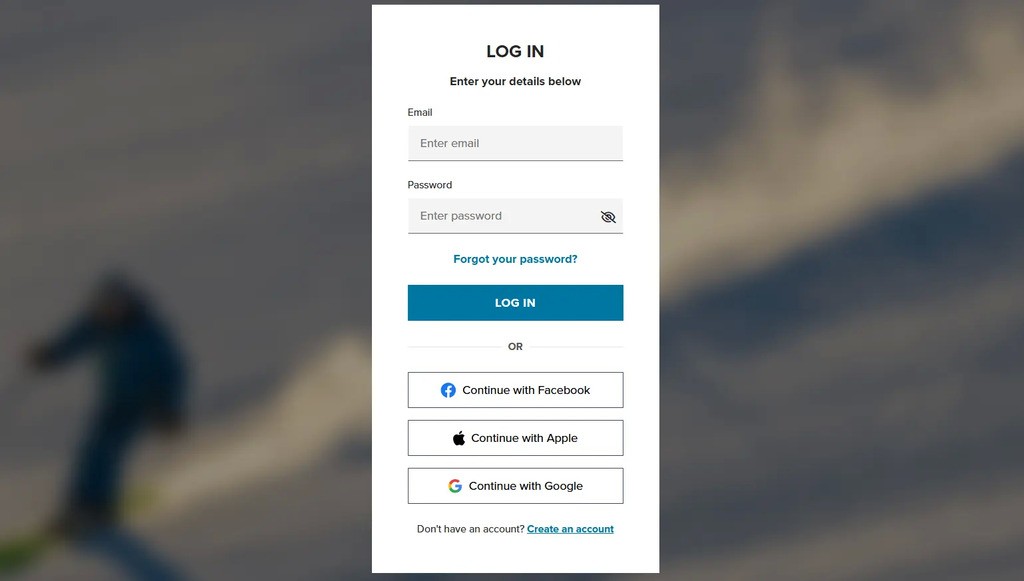
Drive lah – car sharing
The vehicle sharing business model is all about trust and convenience. For Drive lah, we introduced Apple login integration. With one tap, users can sign in securely, knowing Apple’s strong privacy standards have their back. This identity confirmation in ride sharing simplified the process for iOS users while giving the platform a boost in both reliability and user confidence.
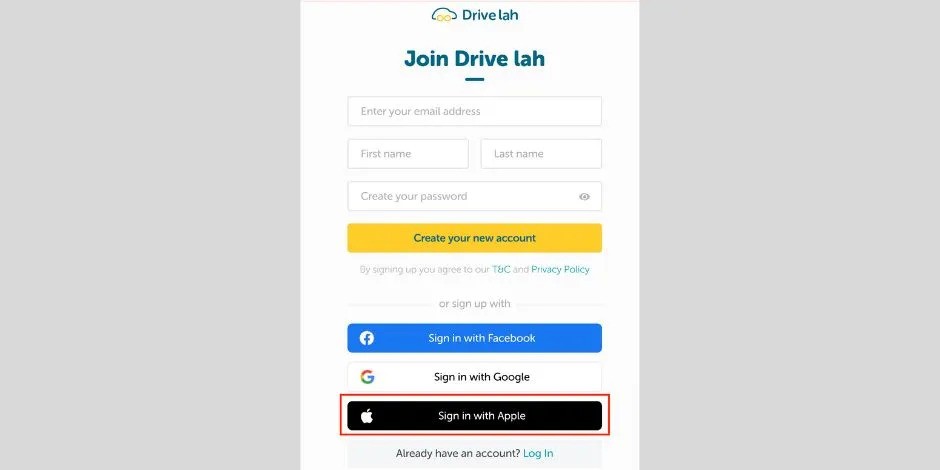
Upisle – watercraft rentals
In peer-to-peer rentals, trust is everything, especially when high-value assets like boats are involved. That’s why, for Upisle, we integrated Stripe Identity for ID verification. Providers upload their personal documents, which are automatically validated before they can list their watercraft. This gave users peace of mind, knowing that everyone on the platform had been verified, and it made the community feel a lot safer. The same principle applies to fraud prevention in car sharing, where strong identity verification is the foundation for building trust and keeping both assets and users secure.
These projects prove one thing: when security and simplicity come together, everyone wins. Whether it’s a quick social login, Apple ID integration, or robust document verification, small touches can make a big difference in how users experience your platform—and how much they trust it. And in an industry where online fraud in vehicle rental is a growing threat, those extra layers of trust and protection are mission-critical.
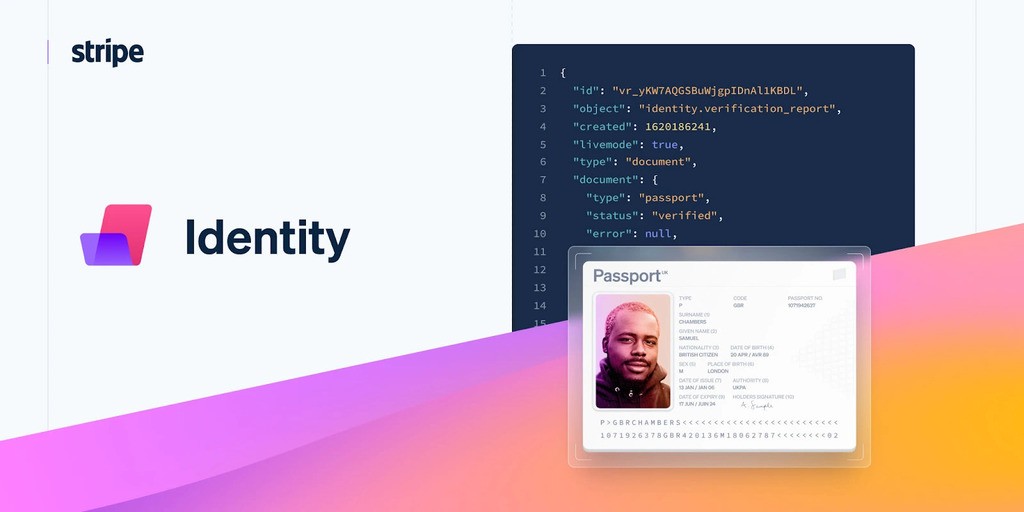
Final words
People need to feel safe before they hit the road. That’s why user registration and identity verification matter so much. They’re the safeguards that protect platforms from millions in fraud losses and give users the confidence to rent a car without second-guessing. A well-structured identity management car-sharing platform sets the foundation for long-term trust between users and operators.
The good news is that today’s tech makes it possible to combine security with simplicity. AI-driven KYC, biometric verification in car sharing, and database cross-references can catch fraud before it happens, while still keeping onboarding fast and frustration-free for real users. On top of that, built-in age verification for ride sharing ensures that only qualified and responsible drivers get access to vehicles, closing another common loophole exploited by bad actors. It’s all about finding that sweet spot between safety and convenience.
In the end, car sharing is about sharing trust. And that trust starts the moment someone signs up. Platforms that invest in smart, user-friendly verification build stronger communities and loyal customers.






